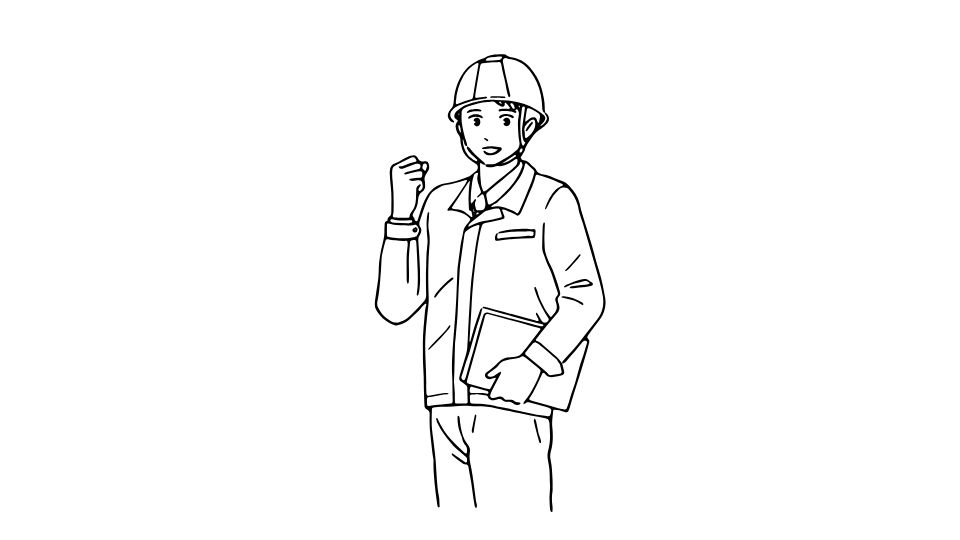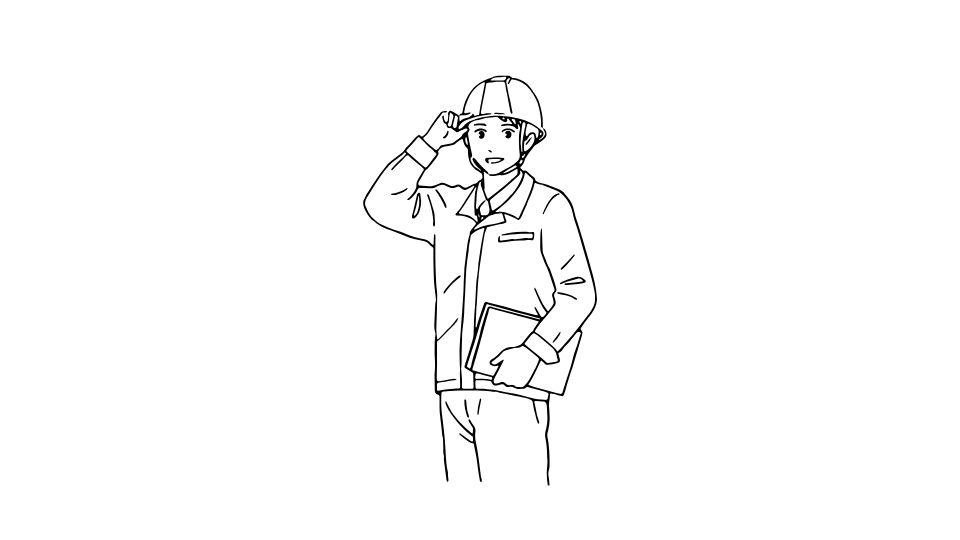How to Apply for Your First Job as a Teen (Step-by-Step)

Getting your first job as a teenager is a major life milestone. It’s that first taste of real independence, where someone other than your parents thinks you’re responsible enough to pay you actual money.
I still remember my first job. I was 15, making minimum wage at a movie theater, and thought I was RICH. (Narrator: I was not rich)
While applying for jobs might seem intimidating, I’m going to break it down into manageable steps that even the most anxious teen can handle. And trust me, the payoff is worth it – both for your wallet and your future resume.
Step-by-Step Guide to Landing Your First Teen Job
First, figure out what jobs you’re eligible for

Not all jobs are created equal when it comes to teen employment. Your age matters – a lot.
If you’re under 16, your options are more limited due to child labor laws. You’ll typically be looking at:
- Babysitting
- Lawn mowing
- Dog walking
- Paper routes
- Working for a family business
Once you hit 16-17, more doors open:
- Retail stores
- Restaurants (though some positions might be restricted)
- Grocery stores
- Movie theaters
- Swimming pool lifeguards (with certification)
When you’re 18+, you’re basically an adult in employment terms, and can work almost anywhere with standard hours.
Keep in mind that these rules vary by state, so Google “[your state] + teen employment laws” to get the specific details.
Prepare your application materials
Before you start applying, you need to get your materials in order. This isn’t like signing up for TikTok – you’ll need some actual paperwork.
Create a basic resume
Even as a teen with zero job experience, you still need a resume. Don’t panic! Your resume should include:
- Contact information: Name, phone, email (use a professional-sounding email, not coolgamer420@whatever.com)
- Education: Your school, expected graduation date, and relevant coursework
- Skills: Computer skills, languages, communication abilities
- Activities: Sports, clubs, volunteer work
- Awards/Achievements: Honor roll, perfect attendance, competition placements
No work experience? No problem! Focus on transferable skills from school projects, volunteer work, or helping family members. That group project where you organized everything? Leadership skills. Babysitting your cousins? Childcare experience.
Get your documents ready
You’ll need:
- Social Security Card: This is a must-have for employment paperwork
- State ID or Driver’s License: If you have one
- Work Permit: If you’re under 18, many states require this (get it from your school office)
- References: Teachers, coaches, or other adults (not your parents) who can vouch for your character
Find job opportunities

Now for the fun part – finding places that will actually hire you!
Start with your network
The easiest way to get hired is through someone you know. Tell everyone you’re looking for a job:
- Family friends
- Parents’ coworkers
- Neighbors
- Teachers
- Coaches
People are way more likely to give you a chance if someone they trust vouches for you.
Check local businesses
Look around your neighborhood for “Help Wanted” signs. Small local businesses often prefer hiring teens from the community. Plus, these jobs typically have more flexible hours and understanding bosses who know you’re balancing school.
According to a survey by Junior Achievement, retail stores, restaurants, and grocery stores are still the top employers for teens.
Use online resources
While old-school methods work great, don’t ignore online options:
- Indeed.com (filter for part-time and entry-level)
- Snagajob (specifically for hourly work)
- Your city’s job board
- Company websites (many chains like Target or Starbucks have special teen employment programs)
Just be careful about scams – if something sounds too good to be true (“Make $500 a week working from home!”), it probably is.
Perfect your application and interview skills

Once you’ve found opportunities, it’s time to convince someone to hire you.
Fill out applications completely
This sounds obvious, but you’d be surprised how many applications get tossed because they’re incomplete. A few tips:
- Read all instructions before starting
- Write neatly if it’s a paper application
- Double-check everything for spelling errors
- Be honest about your availability and experience
- Follow up a few days after submitting (shows initiative)
Crush the interview
Interviews are scary, I get it. But with a little preparation, you can make a great impression:
- Dress appropriately – no need for a suit, but clean, neat clothing slightly nicer than what employees wear
- Arrive 10-15 minutes early
- Bring extra copies of your resume and work permit
- Turn off your phone (seriously, just turn it OFF)
- Make eye contact and shake hands firmly
- Prepare answers to common questions like:
- Why do you want to work here?
- What are your strengths and weaknesses?
- How would you handle [common workplace scenario]?
- Have questions ready to ask them (shows interest)
Handle rejection like a pro

Here’s the truth: you probably won’t get the first job you apply for. Maybe not even the fifth. And that’s totally normal.
When you get rejected (and you will), don’t take it personally. There are a million reasons why they might have gone with someone else that have nothing to do with you.
Instead, see each rejection as practice for your next application. Maybe even ask for feedback on how you could improve (most won’t give it, but it never hurts to ask).
Remember: persistence pays off. According to a study by the Brookings Institution, teens who successfully find employment develop better work habits, time management skills, and higher lifetime earnings.
After you get hired
You did it! You’re employed!
Now comes the important part – being so awesome at your job that they’ll write you a glowing reference for your next one.
- Show up on time (or better yet, 5-10 minutes early)
- Learn quickly and ask questions when needed
- Have a positive attitude even with boring tasks
- Be reliable – don’t call out unless truly necessary
- Manage your time between school and work
And remember to save some of that hard-earned money. Your future self will thank you.
Getting your first job is a huge step toward adulthood. It might be challenging, but the skills and confidence you’ll gain are worth every awkward interview and early morning shift. Plus, there’s nothing quite like that first paycheck with YOUR name on it.

